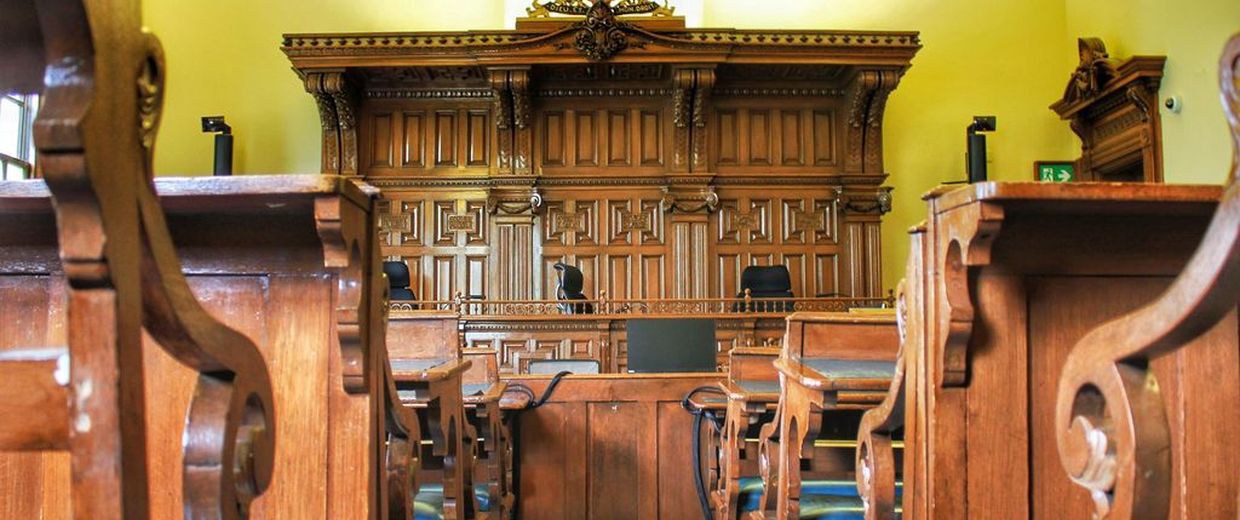People
Laura Bartoli
Senior assistant professor (fixed-term)
keywords:
Digital evidence, Civil party, Critical infrastructure, Restorative justice
Brunella Brunelli
Assistant professor
Michele Caianiello
Full Professor
keywords:
Digital evidence, Defence Rights, European Criminal Justice, Comparative and International Criminal Procedure
Alberto Camon
Full Professor
Giulia Lasagni
Associate Professor
keywords:
Predictive Justice, Algorithms and Criminal Proceedings, Defence rights in criminal proceedings, Banking and financial
Read more
Federico Messuti
PhD Student
Isadora Neroni Rezende
Research fellow
Anna Piovan
PhD Student
Antonio Pugliese
Research fellow
Silvia Renzetti
Associate Professor
Daniele Vicoli
Associate Professor
keywords:
the admissibility of evidence, the rights of the detained person, the reform of the prison system, the illegal penalty,
Read more
